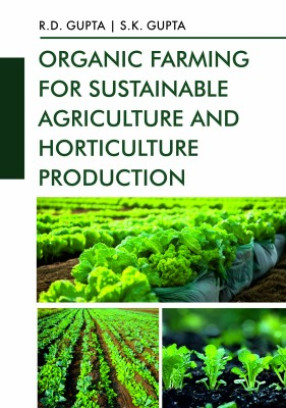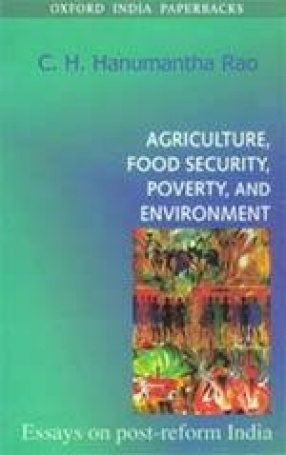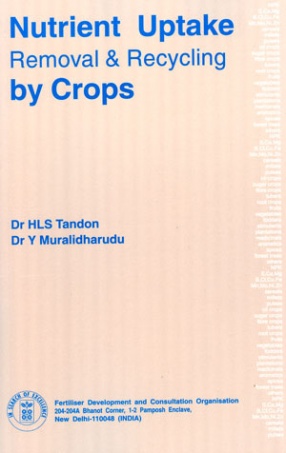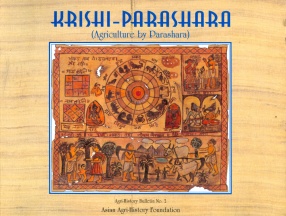Organic Farming for Sustainable Agriculture and Horticulture Production
The growing awareness of the harmful effects of synthetic chemicals and fertilizers on agriculture, health, and the environment has driven the shift toward organic farming. Conventional farming practices, characterized by excessive and imbalanced use of nitrogenous, phosphatic, and potassic fertilizers, have degraded soil productivity, reduced organic carbon, and caused micronutrient deficiencies, particularly in India's agricultural lands. This overuse has led to groundwater contamination, nitrate pollution, and health issues such as Methemoglobinemia and cancer, alongside environmental problems like eutrophication and ozone depletion. Organic farming emerges as a holistic solution, enhancing biodiversity, biological cycles, and soil health while reducing dependency on harmful chemicals.
The book explores the transition from chemicalized farming to sustainable practices, offering insights on organic crop cultivation, food security, and the role of women and agroforestry. It serves as a vital guide for sustainable agricultural advancement.
1. Introduction
2. Organic Farming (Biodynamic farming): History, Benefits and its Scope in India
3. History and Importance of Organic Farming
4. Introduction of Organic Farming and Its Relevance in India and J&K
5. Growing Areas and Crops of Organic Farming in India
6. Organic Vegetables Farming
7. Organic Farming and Cultivation of Medicinal Plants
8. Organic Farming: A Way of Food Security
9. Role of Rural Women in Sustainable Agriculture through Organ Farming
10. Grow Rose Flowers Organically
11. Growing Pulses in Organic Agriculture
12. Horticulture in Ancient India: A Way of Organic Farming
13. Protecting the Degraded Land of the Indian Himalayan Region Through Organic Farming
14. Agroforestry: An Organic Approach
15. Appendices
Get it now and save 10%
BECOME A MEMBER











Bibliographic information